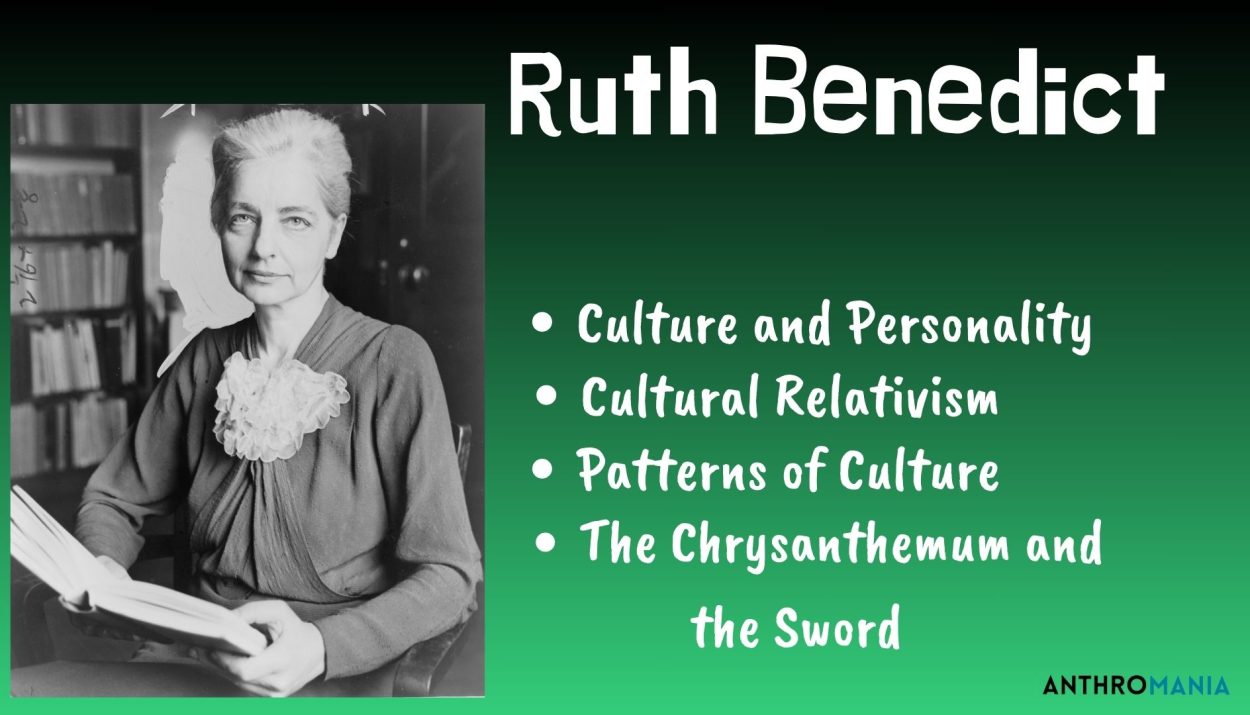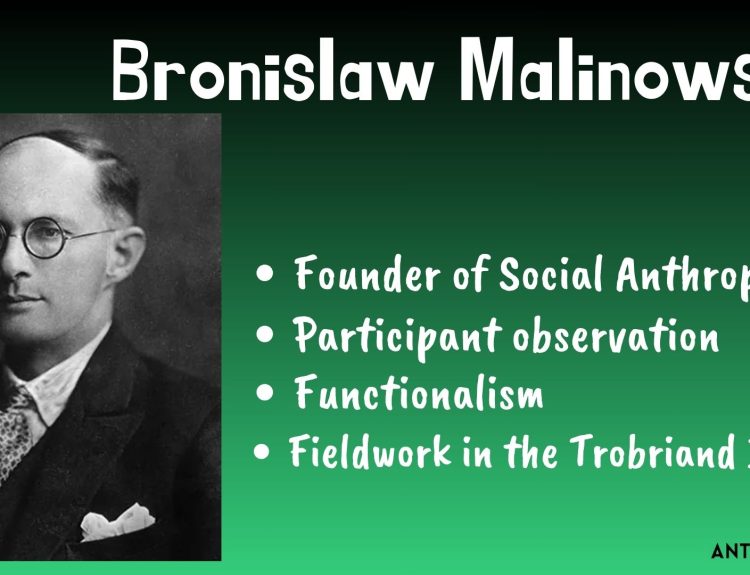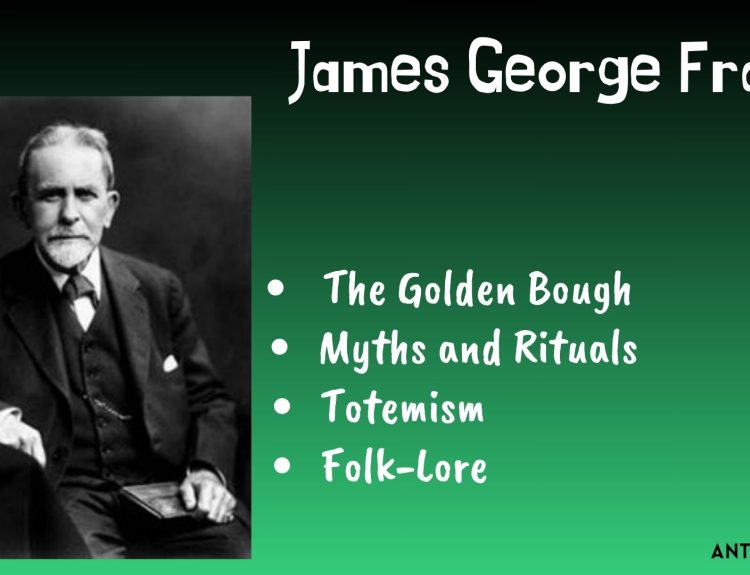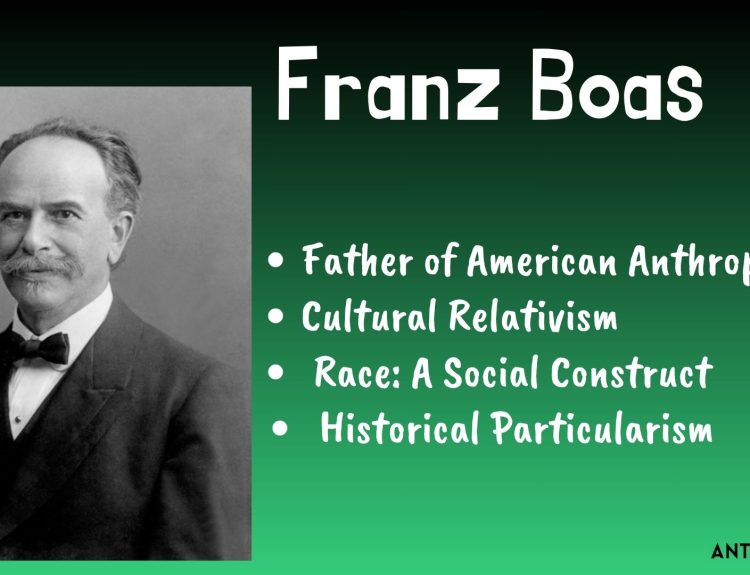Ruth Benedict, a distinguished American anthropologist, played a pivotal role in shaping the landscape of cultural anthropology. In this exploration, we delve into Ruth Benedict’s Contributions, life, significant works, and the enduring impact she has had on the field.
Early Life and Education
From the outset, she faced numerous challenges such as gender inequality and partial deafness. Born on June 5, 1887, in New York City, Ruth Fulton Benedict showed an early fascination with cultures and human behaviour. She obtained her Bachelor’s degree from Vassar College in 1909, laying the foundation for her lifelong journey into anthropology.
Benedict’s academic pursuits led her to the renowned anthropologist Franz Boas at Columbia University. Under Boas’s mentorship, she delved into the study of Native American cultures, laying the groundwork for her future contributions. In 1923, she earned her Ph.D. with a thesis focused on a prevalent theme among North American Indians, titled “The Concept of the Guardian Spirit in North America (1923).” Following this achievement, she began her teaching career at Columbia in 1924. In 1937, she attained the position of associate professor.
Notable Works
“Patterns of Culture” (1934)
Benedict’s seminal work, “Patterns of Culture,” stands as a cornerstone in anthropological literature. The central concept revolves around the perspective of “human cultures as an enlarged expression of ‘personality.'” Benedict depicted three distinct portrayals of the Pueblos, the Dobuans, and the Kwakiutl. This book meticulously explores the differences in rituals, beliefs, and personal preferences across diverse cultures, illustrating how each culture fosters a distinctive “personality” in its individuals.
“Race: Science and Politics” (1940)
The book challenged prevailing notions of racial superiority, offering a counterargument. It was employed as a teaching resource for a unit on race and racism.
“The Chrysanthemum and the Sword” (1946)
In this influential work, Benedict turned her attention to Japanese culture, providing insights into its social structure, customs, and values. Commissioned during World War II, the book contributed to a deeper understanding of Japanese society.
Read in detail- National Character Study
Cultural Relativism
Benedict’s enduring legacy lies in her advocacy for cultural relativism. She aimed to demonstrate that every culture possesses unique moral imperatives, which can only be comprehended through a holistic study of the culture as a whole.
Folklore and Beyond
Beyond her contributions to anthropology, Benedict explored folklore, adding a rich layer to her academic repertoire. Her insights into the narratives, myths, and traditions of various cultures expanded the scope of her work and deepened our understanding of the human experience.
Legacy and Achievements
As one of the pioneering female anthropologists, Ruth Benedict played a crucial role in influencing the field of cultural anthropology, not only within the United States but globally. Although her methods faced occasional criticism for their perceived lack of scientific rigour, her writings remain enduring classics in twentieth-century cultural anthropology.
Patterns of Culture (1934), authored by her, garnered translations into fourteen languages and became a staple in anthropology courses across American universities for an extended period. In 1947, Benedict served as the president of the American Anthropological Association and was honoured with the Annual Achievement Award from the American Association of University Women. One year later, she achieved the position of a full professor at Columbia University. She served as the editor of the Journal of American Folklore from 1925 to 1940. Her expertise led the United States government to enlist her for research and consultation related to World War II.
Expanding upon Franz Boas’s investigations into the connection between individuals and their cultures, Ruth Benedict conducted fieldwork among Native Americans and extensively examined contemporary European and Asian cultures. Her findings underscored the significance of cultural configuration, national character, and the interplay between individual personality and culture.
Conclusion
In summary, Ruth Benedict’s journey from a curious student to a groundbreaking anthropologist has left an indelible mark on the field of anthropology. Her commitment to cultural relativism and the exploration of diverse cultural patterns has enriched our understanding of humanity, making her a trailblazer in the world of social sciences.
References
Ruth Benedict- New World Encyclopedia
Benedict, Ruth (1887–1948) .” Women in World History: A Biographical Encyclopedia. . Encyclopedia.com. 15 Nov. 2023 <https://www.encyclopedia.com>.
Ruth Benedict: Strength in Disability
Schachter, Judith (2019). Ruth Benedict. obo in Anthropology. doi: 10.1093/obo/9780199766567-0204







